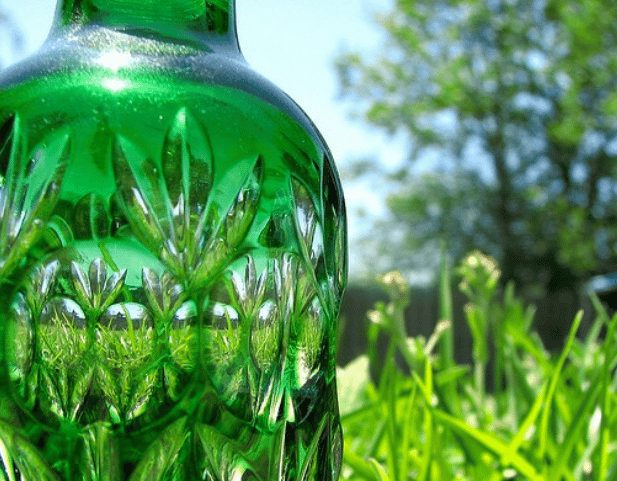Source: University of Bonn/Science Daily, 5 February 2021, photo credit: Down2Earth materials
Scientists found that the sustainability of plant-based bioplastics depends largely on the country of origin, its trade relationships and the raw material processed.
Plastics made from crops such as maize or sugarcane instead of fossil fuels are generally considered sustainable. One reason is that plants bind CO2, which compensates for the carbon released into the atmosphere when plastics are disposed. However, there is a catch: With increasing demand for raw materials for bioplastic production, the areas under cultivation may not be sufficient.
As a result, natural vegetation is often converted to agricultural land and forests are cut down. This in turn releases large amounts of CO2.
The assumption that more bioplastics does not necessarily lead to more climate protection has now been confirmed by researchers at the University of Bonn (Germany) in a new study.
They found that the sustainability of plant-based bioplastics depends largely on the country of origin, its trade relationships and the raw material processed. The study has been published in the journal “Resources, Conservation & Recycling.”
Read more
The South African Pork Producers’ Organisation (SAPPO) coordinates industry interventions and collaboratively manages risks in the value chain to enable the sustainability and profitability of pork producers in South Africa.
















